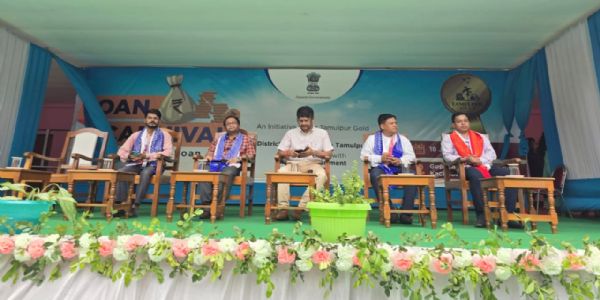
Bhubaneswar, 18 July (H.S.): Odisha Chief Secretary Shri Manoj Ahuja has issued firm instructions to all government departments and institutions for the strict and time-bound implementation of the Sexual Harassment of Women at Workplace (Prevention, Prohibition and Redressal) Act, 2013—commonly known as the POSH Act. In a detailed communication addressed to Additional Chief Secretaries, Principal Secretaries, Commissioner-cum-Secretaries, Revenue Divisional Commissioners (RDCs), and District Collectors, the Chief Secretary underscored the vital importance of enforcing the Act across all workplaces and educational institutions. The directive aims to create a safe, respectful, and inclusive environment for women in both professional and academic settings throughout the state.
Highlighting the seriousness of the issue, Shri Ahuja stated that sexual harassment at the workplace is a grave violation of individual dignity and rights, which adversely affects morale, productivity, and equal opportunity. He emphasized that compliance with the POSH Act is not only a legal obligation but also a critical step in building institutional accountability and trust.
The Chief Secretary outlined several key provisions of the Act that must be implemented without delay. These include the constitution of Internal Committees (IC) in every organization with ten or more employees, as mandated under Section 4, to receive and address complaints of sexual harassment. Under Section 19, all employers, including heads of educational institutions, must conduct regular sensitization and orientation programmes for students and staff to raise awareness about the Act and its redressal mechanisms. Sections 9 and 11 specify that complaints must be addressed promptly and inquiries should be conducted in a time-bound manner, necessitating capacity building for IC members and presiding officers. Institutions are also required to maintain detailed records and submit annual reports on complaint status to ensure transparency. Furthermore, the head of each institution will be held personally responsible for proper implementation of the Act and for protecting complainants from retaliation or neglect.
To operationalize these directives, all administrative heads have been asked to take immediate action. This includes the constitution or revalidation of Internal Committees in all educational and training institutions, ensuring monthly IC meetings over the next six months to raise awareness—followed by quarterly meetings as per legal requirements. Redressal mechanisms, including details of the IC and the She-Box portal, must be prominently displayed in all institutions. Regular capacity-building sessions for both staff and students must be organized, and compliance is to be monitored through inspections and student engagement by senior district officials. Institutional heads will be held accountable for any non-compliance, and all institutions must ensure timely uploading of required information on
---------------
Hindusthan Samachar / Monalisa Panda





